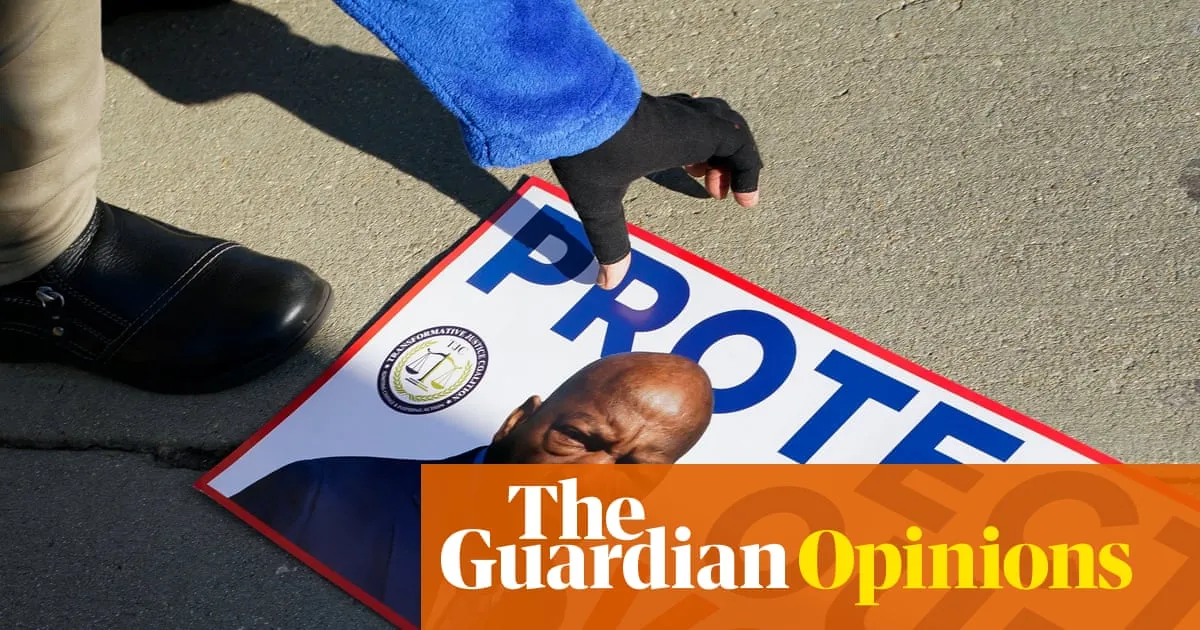
The last remaining piece of the 1965 Voting Rights Act—specifically, Section 2—faces a precarious future as the U.S. Supreme Court appears poised to strike it down. This section empowers the federal government to protect voters from racial gerrymandering, a practice aimed at diluting Black political power. During oral arguments in the case of Louisiana v. Callais, the Court signaled its readiness to dismantle Section 2, effectively concluding a decade-long effort to nullify the Voting Rights Act.
The case originates from newly drawn congressional district maps in Louisiana following the 2020 census. The census revealed that Louisiana was eligible for six seats in the House of Representatives, with approximately one-third of its population being Black. However, the state’s initial district maps included only one majority-Black congressional district, dismissing seven other racially equitable maps. In response, voters filed a lawsuit, leading federal courts to mandate the creation of additional districts that would provide Black residents with an equal opportunity to elect representatives of their choice.
Recently, a group identifying themselves as “non-African-American voters” filed a lawsuit to have these racially proportionate maps overturned. They argue that enforcing the Voting Rights Act violates their rights under the 14th and 15th Amendments of the U.S. Constitution. Their contention is that the maps, which aim to rectify racial discrimination against Black individuals, in fact discriminate against non-Black voters. As the Supreme Court deliberates, it appears likely to side with this group, which could mark a significant turning point in the enforcement of the Voting Rights Act—considered a cornerstone of the civil rights movement.
Under Chief Justice John Roberts, the Supreme Court has been systematically dismantling the Voting Rights Act. In the landmark case of Shelby County v. Holder (2013), the Court invalidated much of Section 5, which required jurisdictions with a history of racial discrimination to obtain federal approval before altering voting laws. This decision has had lasting repercussions, enabling states to implement new voting restrictions that widened the gap in voter participation rates between Black and white voters, particularly in areas previously subjected to Section 5 oversight.
During recent oral arguments, the justices questioned the necessity of Section 2, with Justices Kavanaugh and Alito suggesting that racial gerrymandering could be justified if it served partisan interests. This viewpoint contradicts previous Supreme Court precedents that emphasize discriminatory impact over intent as a basis for illegal racial discrimination. Justice Ketanji Brown Jackson, a fervent advocate for civil rights, expressed her frustration during the proceedings, emphasizing that the remedies for racial discrimination are intrinsically tied to race itself.
The current case illustrates two troubling trends within the Roberts Court: a marked hostility towards racial justice claims brought by minorities and a willingness to reinterpret civil rights laws in ways that reinforce existing racial hierarchies. Louisiana’s attorney general, who has shifted positions since the case was initially argued, claimed that presuming Black voters would differ in voting behavior from white voters perpetuates racial stereotypes. Such assertions drew criticism from Justice Kagan, highlighting the contentious atmosphere surrounding the case.
If the Court rules in favor of the “non-African-American” voters and invalidates the remaining provisions of the Voting Rights Act, it would effectively legalize racial gerrymandering aimed at minimizing Black voter influence. Conversely, it would criminalize the use of race in redistricting efforts intended to empower Black voters. Such a ruling would represent a significant legal shift, suggesting that attempts to secure voting rights for Black Americans violate the very amendments designed to protect those rights.
The impending decision from the Supreme Court, expected in June, could have profound implications for the upcoming November 2026 midterms. Should the Court side with Louisiana, it could result in a significant number of congressional seats being gerrymandered to favor Republicans, undermining the principles of equal representation. The potential erosion of the Voting Rights Act, a pivotal achievement of the civil rights movement, raises urgent questions about the future of democracy and racial equality in the United States.